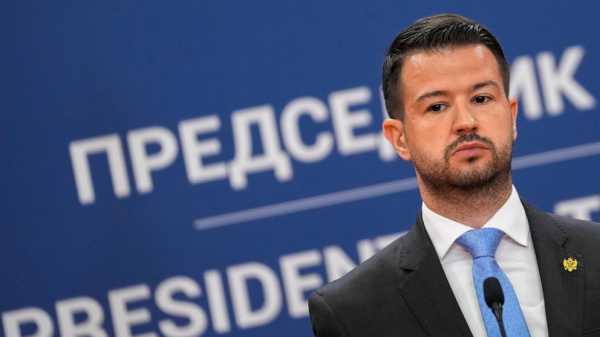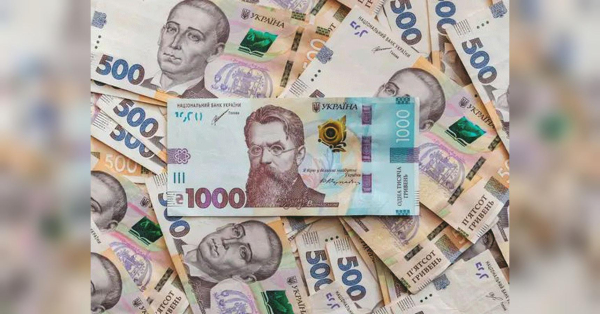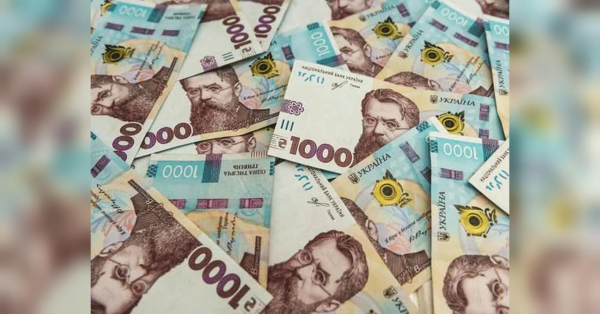
BELGRADE, Serbia — The presidents of Serbia and Montenegro agreed Monday to try to patch up strained relations between the historic Balkan allies.
The two countries had formed a joint state until Montenegro split in 2006 following a referendum on independence. The former allies grew further apart after Montenegro recognized the 2008 declaration of independence by Serbia's former province of Kosovo.
Serbian President Aleksandar Vucic and Montenegro's new President Jakov Milatovic said after a meeting in Belgrade that they will work to improve political ties to match their countries' economic cooperation.
Milatovic's visit to Belgrade was the first by a Montenegrin president in years. Naming new ambassadors to Belgrade and Podgorica following a diplomatic row in 2020 will be among the first moves, the two officials said.
“It is our responsibility to truly improve relations and not to disturb them, as has been the case often in the past,” said Milatovic. “We are turning a new page in our relations with this visit.”
Milatovic replaced Montenegro's long-ruling pro-Western leader Milo Djukanovic following an election in April. While in power, Djukanovic led Montenegro to independence from Serbia and defied Russia to push his country into NATO in 2017.
Montenegro had been largely seen as the next country to join the European Union before a political crisis stalled efforts. Milatovic's pro-EU party won the most votes at a parliamentary election in June — but not enough to form a government on its own.
About one-third of Montenegro's 620,000 people identify as Serbs and divisions in the country remain deep over relations with Serbia. The two nations share the same language and both are predominantly Orthodox Christian.
Vucic said Serbia “has no intention (to) force anyone to do what they do not want to do.”
“We agree on some (issues),” he added, "and on some we don't but we have talked in a civilized, normal way which should help built trust between us.”
Montenegro remained in a union with Serbia after other republics in the former Yugoslavia split in the early 1990s. The breakup of the former federation resulted in a series of ethnic conflicts that killed more than 100,000 people and left millions homeless.
Sourse: abcnews.go.com






